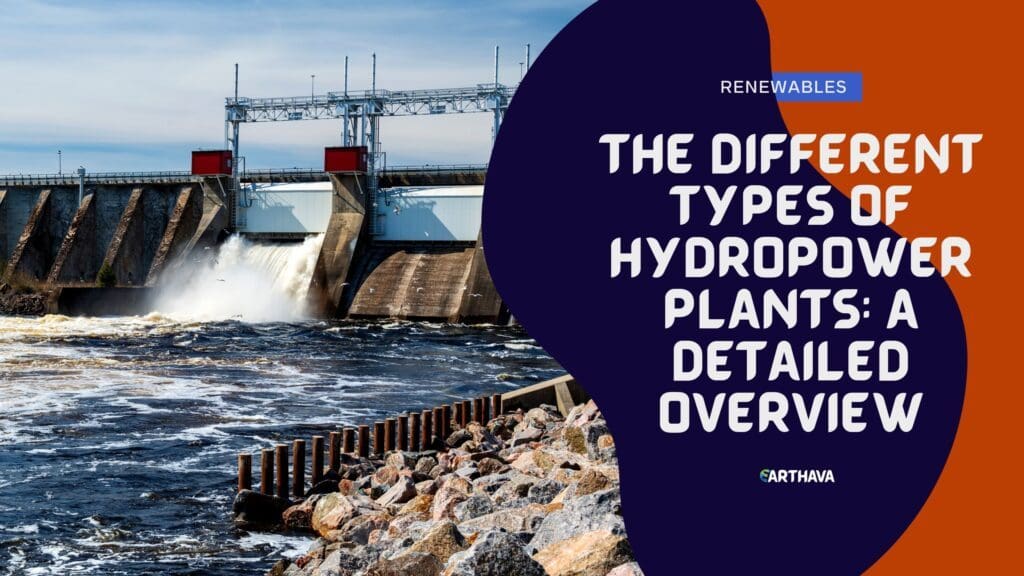Hydropower plants are a vital source of renewable energy, harnessing the power of flowing water to generate electricity. There are several types of hydropower plants, each with its unique characteristics and applications. In this detailed overview, we will explore the different types of hydropower plants, including conventional hydroelectric plants, pumped storage plants, and run-of-river hydroelectric systems. We will delve into the workings of each type, their environmental impact, and their potential for sustainable energy production. Whether you’re interested in the engineering aspects, environmental considerations, or the overall benefits of hydropower, this comprehensive guide will provide valuable insights into the diverse world of hydropower plants.

Hydropower plants can be classified by many different aspects, This classification is according to the working of hydropower plants, For Example, they can be classified by the source of the water itself and by their construction or their turbine. This classification helps us to understand a variety of aspects of hydropower plants, and also understand how some types are connected.
River Power Plants
Run-of-river plants are what they are called in some countries, in this type of plant the natural and powerful flow and Elevation drop of the rivers is what is used through this kind of hydro plants to generate electricity.
River Power Plants are two types :
- Plants Which are fed directly by a river.
- Plants which are fed by diversion canal.
A diversion means the plants aren’t fed by the whole river but by that part of a river which is separated in a canal, This canal’s job is to feed the water from the river to the hydropower plants.
Because of the limitation of the diversion canal, it’s incapable of feeding hydropower plants of water as much as water the first type as the first type is fed from the river itself, so the second type generates less electricity compared to the first type.
The Operation Mode Of The River Power Plants
The operation mode can be abbreviated There Are 3 different aspects :
First, the river power plants can work through a weir and without a slack flow, At This Very point the river Streams directly to the turbine without being blocked.
Second, in this one the river power plants have a weir with a slack flow, As the water can be stored in a small tank, there are two different reasons why water should be stored :
1-To have a specific depth of the water to make the river navigable for ships.
2-To have water reserves.
Third, It can be found in Small river power plants, It lacks both the weir and Slack flow, as Those small river power plants like water wheels don’t need a weir or a slack flow because their runs are the streaming water of a river.
Types Of Turbines used In river power plants
The Turbines that are used in the first two operating modes are:
Kaplan Turbines.
Propeller Turbines.
Francis Turbines.
Those Kind of turbines are ideal for Small heights of falls and a huge mass of water Then pressure becomes relatively Low.
Capacity Of The River Power Plants
The capacity of the river power plants can range from a few kilowatts to many hundred megawatts, depending on the height of the waterfall and the volume of the water.
Advantages And Disadvantage Of The River Power Plants
The advantage of the river power plants is the fact that there is no or only a small tank But since when Most people are living at or near the river they will persevere anyway.
The disadvantage of the river power plants is that the fact that river power plants highly depend on waterfalls so maybe the power generated doesn’t match with the power demand.


